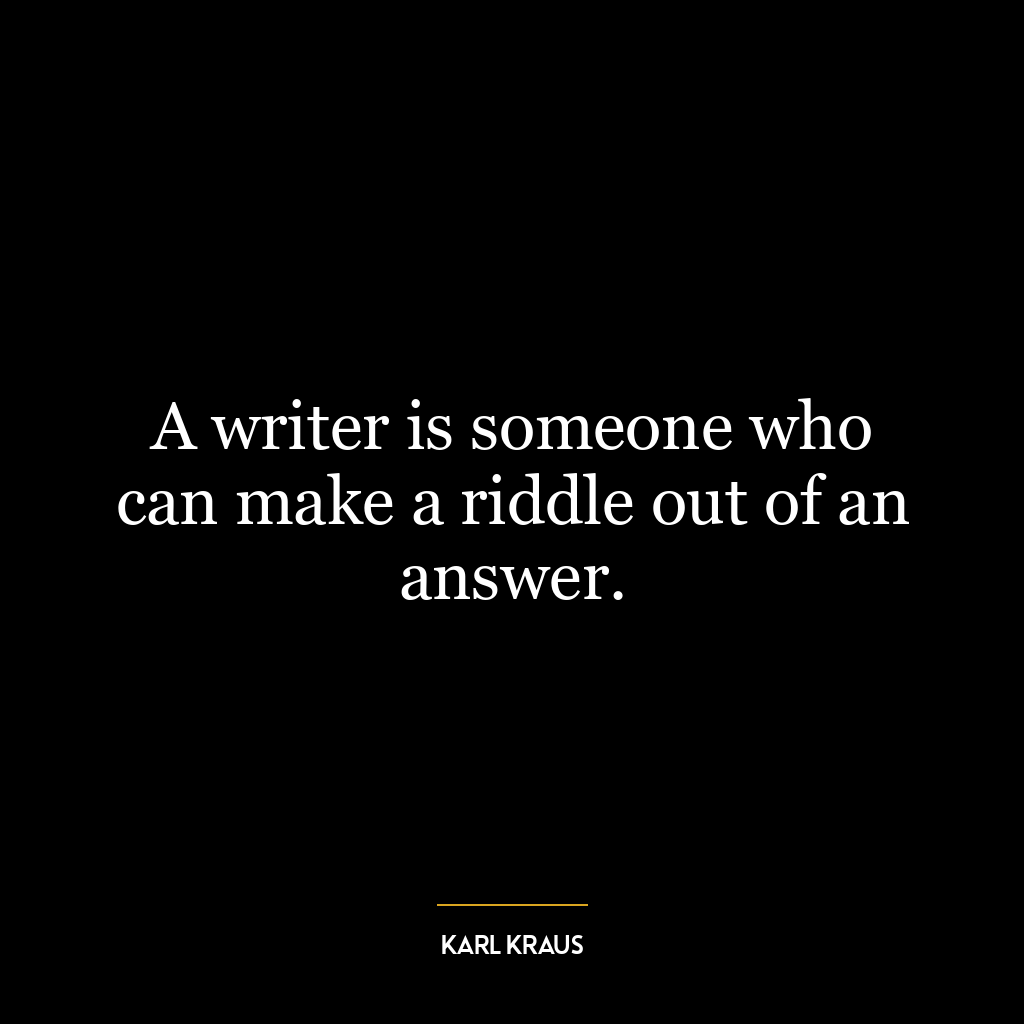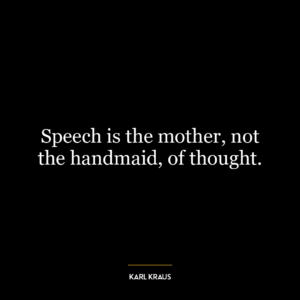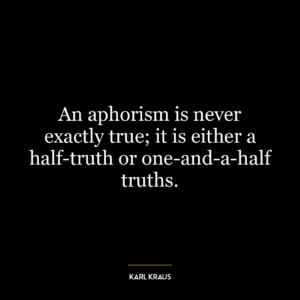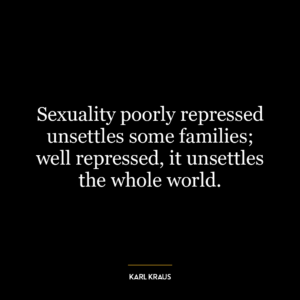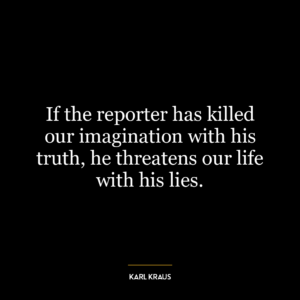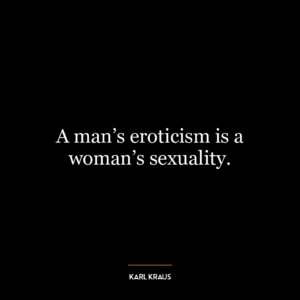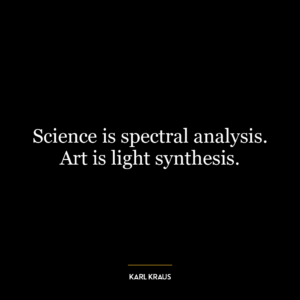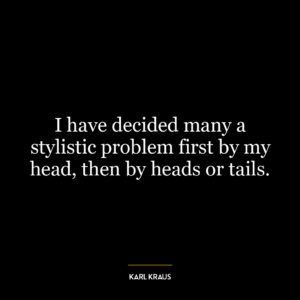A writer is someone who can make a riddle out of an answer.
This quote suggests that a writer has the unique ability to take a simple, straightforward concept or answer and transform it into something complex, intriguing, and thought-provoking, much like a riddle. Essentially, it’s about the power of a writer to provoke curiosity, to make the reader question and explore, rather than just accept a given answer.
Applying this concept to today’s world, we can consider the role of journalists, novelists, and other writers who take facts or events (the ‘answers’) and weave them into narratives or expose hidden complexities (‘riddles’). They stimulate thought and discussion, encouraging readers not only to accept information but to engage with it critically.
In terms of personal development, this quote can inspire us to approach life with the same mindset. Rather than accepting things as they are, we can strive to delve deeper, question more, and seek out the layers and complexities in our experiences. It encourages us to be active learners and thinkers, always seeking to understand more than just the surface level of things. This can lead to a richer, more nuanced understanding of the world around us.

